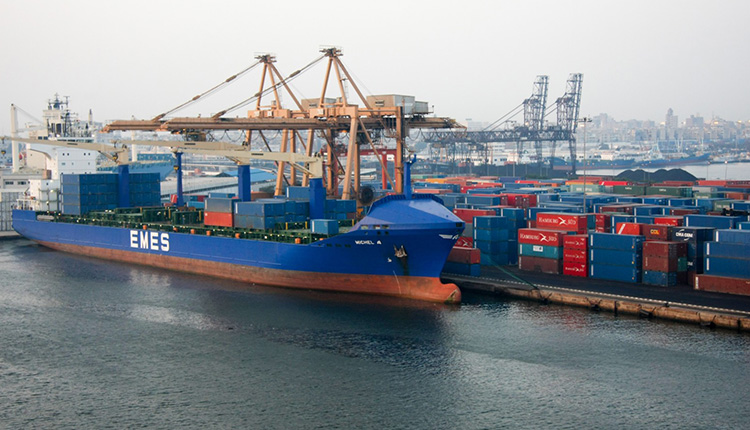Egypt’s exports to the U.S. under the Qualified Industrial Zones (QIZ) protocol reported a 10 percent year-on-year rise in the first four months of the year, said the Egyptian commercial representation office in Washington.
The Egyptian exports to the United States increased to $329.3 million during the January-April period from $299.5 million during the same period in 2018, a report by the office revealed on Tuesday.
Egypt’s QIZ exports seized a 36.9 percent share of its total exports to the United States during the first three months of 2019, the report showed.
Egyptian exports to the U.S. under the Generalized System of Preferences (GSP) programme also grew 87.5 percent to $51.6 million during the January-April period versus $27.5 million during the same period in 2018, the report added.
In the pursuit of a free trade framework, Egypt has made strides to open its economy through various reforms and, in essence, has laid the ground work for a free trade agreement in the future by focusing on each part of modernizing its economy. Egypt-U.S. trade operates within two initiatives designed to increase Egypt’s exports to the U.S.
The first is the U.S. Generalized System of Preferences (GSP), a preferential trade treatment programme where certain products are eligible for duty-free entry to the U.S. under specific qualifications. The second is the Qualifying Industrial Zones (QIZs), a one-way free trade agreement that combines Egyptian and Israeli components in manufactured goods from designated industrial zones that enter the U.S. duty-free.
Egypt signed late 2004 the Qualified Industrial Zones (QIZ) protocol with the United States and Israel, a move that would boost its export competitiveness. The agreement granted Egyptian clothing manufacturers zero-tariff access to the U.S. market as long as their products contained at least 10.5 percent Israeli input.


